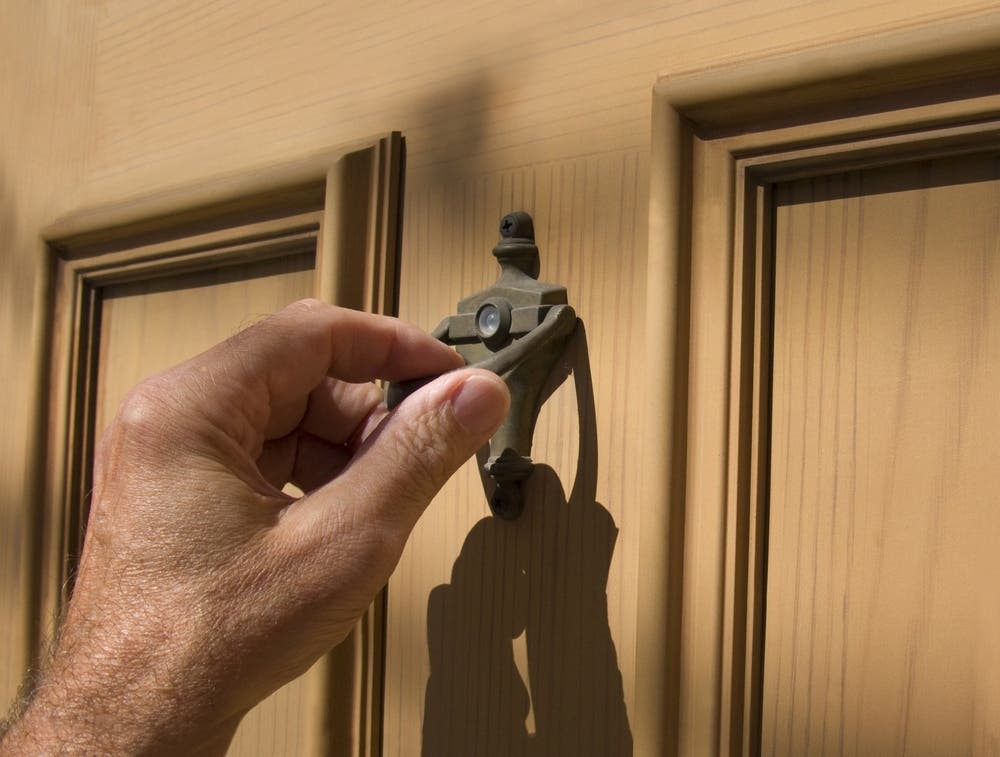Personal Finance
'Home Improvement' Scams In MN: 8 Ways To Avoid Them This Summer
Summertime is, unfortunately, the busy season for Minnesota's home improvement scammers.

MINNESOTA — Summertime is, unfortunately, the busy season for Minnesota's home improvement scammers.
If you're a homeowner, you've probably encountered them before; Unkown, door-to-door salespeople target a neighborhood with cheap offers to repair homes or driveways.
They ask for upfront cash payments. But when they're paid, the scammers provide shoddy, slow work or disappear entirely.
Find out what's happening in Southwest Minneapoliswith free, real-time updates from Patch.
"Every year, homeowners are targeted by scammers trying to cheat people out of their money," Minnesota Attorney General Keith Ellison said Tuesday in a warning to residents.
"Home improvement schemes crop up when people head back outside to take care of our homes after a long winter, and this year I want to make sure Minnesotans have a few tips to help them avoid getting scammed."
Find out what's happening in Southwest Minneapoliswith free, real-time updates from Patch.
The Attorney General's Office provides the following eight ways to avoid falling victim to these kinds of scammers:
1. Don’t fall for pressure tactics: Door-to-door home improvement scams try to trick you into acting immediately. Legitimate companies that want your business allow you time to think about the offer, research your options, and shop around. It should raise red flags if a door-to-door salesman pressures you to make an immediate decision or pay cash in advance.
2. Do your research and shop around: If you would like to pursue a home improvement project, ask for references from friends and neighbors who have undertaken similar projects, and then research those businesses. The best recommendations often come from people you trust who have direct experience with a contractor. Consider asking several companies to provide you with bids.
3. Contact the Department of Labor and Industry and your local government: Most residential building contractors must be licensed by the Minnesota Department of Labor and Industry. Many municipalities also require contractors or door-to-door salespeople to hold a permit or license. Contact the Department of Labor, and reach out to your local city, municipality, or county for more information on local regulations.
4. Beware of missing information: Scam artists tend to use generic business names and include only a phone number on any written materials. They may drive unmarked cars or trucks. Under Minnesota law, door-to-door salespeople must clearly disclose basic information on themselves and their business before trying to sell you anything. If a salesman declines to provide you with identification or other basic information, it is probably best to end the conversation.
5. Carefully read contracts, offers, and estimates: Beware of fine print that requires you to pay more than a quoted price or that obligates you to pay for unwanted services that you did not discuss with the contractor. Ask the representative to leave the contract with you for review before you sign it.
6. Know your rights: Under Minnesota’s Right to Cancel law, consumers have three days to cancel certain types of purchases made through a door-to-door salesman. If you have signed a contract for goods or services and are having second thoughts, cancel the contract immediately to avoid being locked into unwanted purchases you made while under pressure.
7. Trust your instincts: If you have an uneasy feeling about a door-to-door salesperson, just say “no” and shut the door. Don’t continue to engage with a salesperson you have already turned down, and don’t let unknown salespeople into your home. Con artists can be persuasive: the longer you allow them to talk to you, the greater their opportunity to sweet talk you into a decision you might regret. Some might even refuse to leave your home until you sign a contract.
8. Don’t pay until the work is done: Or, if applicable for longer projects, pay in increments as work gets completed. Reputable contractors will have enough money on hand to purchase materials themselves and bill you upon completion of the work. Contractors have their own recourses if homeowners fail to pay – like putting a mechanic’s lien on your home.
Get more local news delivered straight to your inbox. Sign up for free Patch newsletters and alerts.